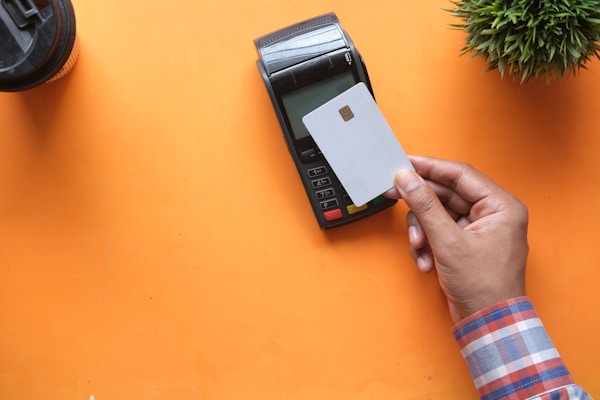Every day, we enter into transactions without giving them a second thought. A transaction is a formal agreement between two parties to exchange goods, services, or financial assets. Transactions are usually documented in a contract, and they are legally binding.
But what are the different types of transactions that we can enter into? Keep reading to learn more about each type of transaction and how they work.
Understanding Transactions

A transaction is the purchase or sale of a good, service, or property. Transactions are governed by contract law and can be oral or written. The formation of a contract requires an offer, acceptance, and consideration. Contracts can be voidable or unenforceable due to various factors such as fraud, duress, and unconscionability. Disputes arising from transactions are typically resolved through litigation in court. Business and transactions law attorneys typically litigate matters involving a dispute over a contract or transaction.
The mechanics of a transaction depending on the type of transaction being made. Generally, there are three steps, including agreeing to terms, exchanging goods or services, and recording the transaction.
Sales Transactions

When a business sells a product or service to a customer, this is considered a sales transaction. The business will record the sale in its accounting records, and it will also generate a sales invoice or receipt to send to the customer.
There are many variations of sales transactions, but the most common are cash sales, installment sales, and consignment sales. In a cash sale, the buyer pays the seller in full at the time of the sale. In an installment sale, the buyer pays the seller over a period of time, usually through a series of payments. In a consignment sale, the seller delivers the goods to the buyer, who then sells the goods and pays the seller the proceeds from the sale.
Service Transactions

Service transactions are those in which the buyer and seller agree to exchange services rather than goods. Service transactions can take many forms, such as labor, professional services, or transportation are a few examples. The most important thing in a service transaction is that both parties agree on what is being exchanged.
One example of a service transaction is opening a personal checking account. When you open a personal checking account, you are initiating a service transaction. You are contracting with the bank to have them provide you with a checking account, which includes a number of services, such as the ability to deposit and withdraw cash, write checks, and use a debit card. In return, you agree to pay the bank a certain amount of money each month, typically called a service fee.
Lease Transactions

Another type of transaction is the lease transaction. In a lease transaction, the lessor transfers the benefits and risks of ownership of an asset to the lessee for a specific period of time in exchange for consideration. The consideration may be in the form of cash, a note, or a combination of the two.
There are three types of leases, including a finance lease, operating lease, and lease purchase.
In finance leases, the lessor finances the entire cost of the asset, and the lessee makes payments over the term of the lease. This type of lease is used when the lessee wants to own the asset at the end of the lease.
With operating leases, the lessor finances a portion of the cost of the asset and the lessee makes payments over the term of the lease. This type of lease is used when the lessee does not want to own the asset at the end of the lease.
Finally, in a lease purchase, the lessee finances the entire cost of the asset and the lessee makes payments over the term of the lease. At the end of the lease, the lessee has the option to purchase the asset for a predetermined price.
Loan Transactions

A loan transaction is when one party loans money to another party. The money can be for any purpose, but it is typically used for business or investment purposes. In a loan transaction, the lender is the party that loans the money and the borrower is the party that receives the money. The terms of the loan will be set by the lender and the borrower.
The lender can be a bank, a credit union, an individual, or a company. The borrower is the individual or entity borrowing the money. The loan can be for a fixed amount of money or it can be a line of credit. A line of credit is a type of loan where the borrower can borrow money up to a certain limit.
A loan transaction is a way for two parties to exchange money. The lender provides the money and the borrower agrees to repay the money plus interest. The terms of the loan will be set by the lender and the borrower and can be customized to fit the needs of both parties.
Conducting Business
Altogether, transactions are essential for the smooth functioning of the economy. They allow businesses to exchange goods and services, and they allow people to exchange money. Transactions are the lifeblood of the economy, and without them, the economy would grind to a halt.






